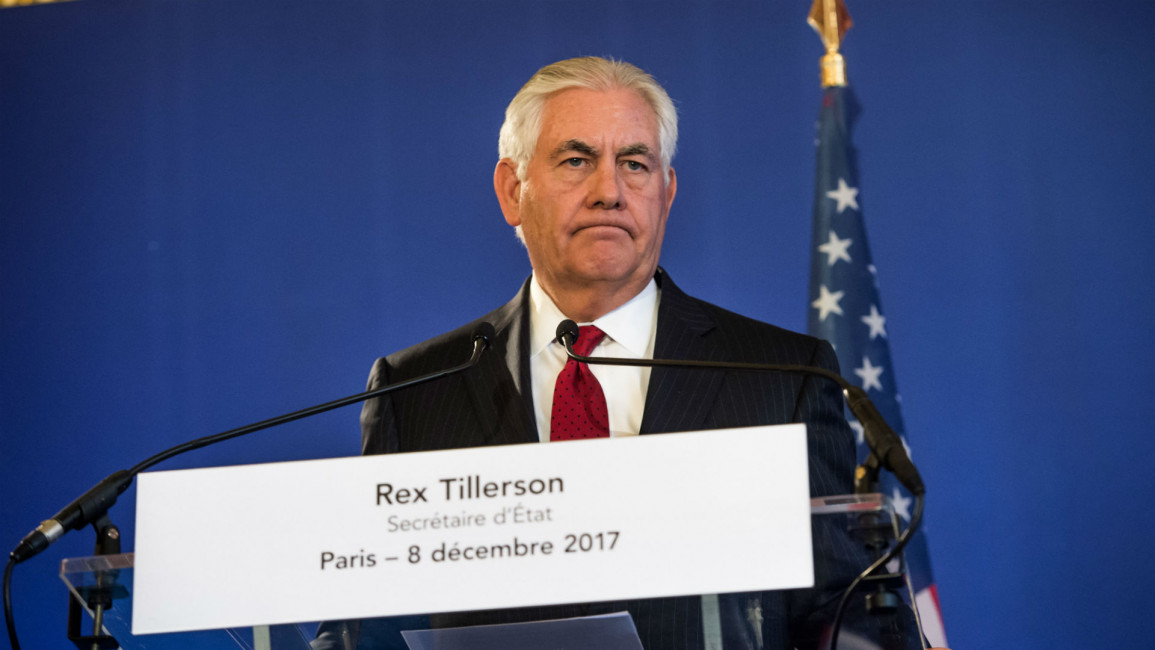US signals open-ended military presence in Syria, asks for 'patience' on Assad's removal
In what the US hopes will pave the way for the eventual departure of Syrian President Bashar al-Assad and curtail Iranian influence in the region, the new strategy rolled out hints at a much greater involvement. Previously, the US strategy in Syria had operated within the narrow lines of battling the Islamic State.
US Secretary of State, Rex Tillerson, called for "patience" on Assad's departure in a speech at Stanford University – a move that accepts that Russia and Iran have bolstered Assad.
| Read also: The West 'must get tougher' with Assad, urges Syria opposition |
While the US plans on focusing on diplomatic efforts, Tillerson added: "Let us be clear: the United States will maintain a military presence in Syria, focused on ensuring Islamic State cannot re-emerge," and acknowledging scepticism of military involvement in conflicts abroad.
Both Syrian and Iranian forces have threatened US forces in Syria and as tensions continue to be strained with Russia as it pushes for a more prominent role in the region.
Tillerson's speech however, is merely a formality. The Trump administration had already previously hinted at elements of the policy. US President Donald Trump was largely critical of his predecessors' military interventions while running as a candidate, but has now committed to an open-ended presence in both Afghanistan, and now Syria.
Tillerson pushed for free, transparent elections, believing them to be an end to the Assad regime. "This process will take time, and we urge patience in the departure of Assad and the establishment of new leadership."
"Responsible change may not come as immediately as some hope for, but rather through an incremental process of constitutional reform and UN-supervised elections. But that change will come," he said.
Tillerson's remarks were welcomed by the Syrian opposition, however said greater clarity was needed. Hadi al-Bahra, Syrian opposition member told Reuters that more details were needed on how Washington "will force the Assad regime into accepting a political settlement that leads to establishing a safe and neutral environment that leads to a transition through free and fair elections."
The Syrian conflict began when the Baath regime, in power since 1963 and led by Assad, responded with military force to peaceful protests demanding democratic reforms during the Arab Spring wave of uprisings, triggering an armed rebellion fuelled by mass defections from the Syrian army.
The brutal tactics pursued mainly by the regime, which have included the use of chemical weapons, sieges, mass executions and torture against civilians have led to war crimes investigations.
Syria's war, now entering its seventh year, has claimed more than 340,000 lives, forced millions to flee their homes and left Syria in ruins.



